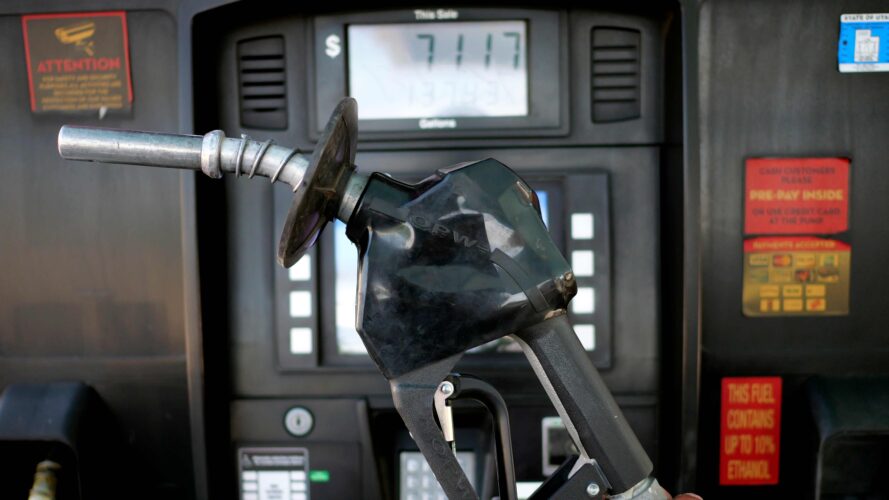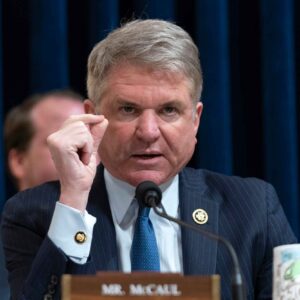At least eight states have joined with Washington, DC in adopting plans to ban the sale of new gas-powered vehicles in roughly ten years, furthering the Biden administration’s lofty goal of moving to all-electric transportation.
Under the Advanced Clean Cars II rule, participating states—which so far include California, Rhode Island, Maryland, Massachusetts, New Jersey, New York, Oregon, and Washington—will begin cracking down on the sale of new gas-powered cars after 2035. California was the first to adopt the rule, with a stated goal of seeing 35 percent of new vehicles be zero-emission by 2026 and 68 percent by 2030.
According to the California Air Resources Board, the rule overhauls the state’s “growing zero-emission vehicle market and robust motor vehicle emission control rules and augments them to meet more aggressive tailpipe emissions standards and ramp up to 100 percent zero-emission vehicles.”
At the federal level, the Biden administration has pushed for making half of all vehicles on American roadways electric by 2030. However, existing vehicles would not be banned, and secondhand sales of older gas-powered models would still be legal.
Learn the benefits of becoming a Valuetainment Member and subscribe today!
State-level plans for regulating car sales generally do not require votes by lawmakers and are instead advanced by governors and environmental regulators.
Last week, the Environmental Protection Agency (EPA) rolled out new regulations requiring automakers to reduce tailpipe emissions by up to 50 percent between model year 2026 and 2033—a decrease that would require between 35 percent and 56 percent of all cars to be electric or plug-in hybrids.
These new goals stand in stark contrast to a notable downturn in the EV industry in recent months, which has complicated the administration’s goals. Apple, for example, was forced to cancel its secretive “Project Titan,” an electric vehicle research effort that had been in progress for nearly a decade. Similarly, Ford rolled back production goals for its all-electric F-150 Lightning model and pulled $12 billion from its EV investments.
Related: Electric Vehicles are Worse for Environment Than Gas-Powered Cars
At the same time, President Joe Biden’s pledge to create 500,000 EV charging stations across the US has gone largely unfulfilled, with less than 10 chargers installed since he took office.
“The federal government has no authority and no right to mandate what type of car or truck Americans can purchase for their everyday lives,” railed Senator Joe Manchin (D-WV) in response to the new EPA guidelines. “This reckless and ill-informed rule will impose what is effectively an EV mandate without ensuring the security of our supply chains from nations like China and without a realistic transition plan that addresses our domestic infrastructure needs.”
Vermont, Delaware, Colorado, New Mexico, and Connecticut are all reportedly considering similar restrictions on gas-powered cars, though most have not committed to the 2035 deadline.
Connor Walcott is a staff writer for Valuetainment.com. Follow Connor on X and look for him on VT’s “The Unusual Suspects.”



















Add comment